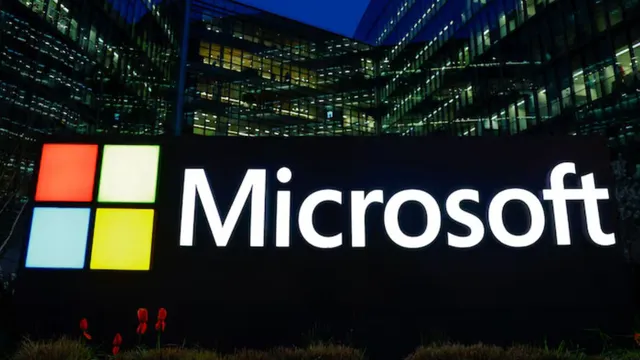- By Prateek Levi
- Wed, 13 Aug 2025 12:51 PM (IST)
- Source:JND
One California resident, Lawrence Klein, sued Microsoft for making the move to no longer give free security updates and support to Windows 10 on October 14, 2025.
Two of Klein's two Windows 10 laptops are not upgradeable to Windows 11 because of hardware constraints. He contends that the company's strategy leaves him—and millions like him—with an unpleasant dilemma: purchase new hardware capable of running Windows 11, pay $30 annually for extra updates, or keep running an unsupported operating system at great security danger.
ALSO READ: Vivo V60 Launched In India: Top Features To Look Out For In This ZEISS-Powered Mid-Range Smartphone
The suit alleges that Microsoft is leveraging the deadline to push customers toward AI-enabled Windows 11 devices, which need hardware such as a neural processing unit (NPU) in order to support certain of their new capabilities. Because many older computers lack this hardware, simply upgrading software isn't an option, and instead a new purchase is the only way forward.
Klein is requesting the court to compel Microsoft to continue providing free Windows 10 updates until the operating system has a market share of less than 10%. He also wants transparent disclosure of support timelines when sold, so customers are aware from the get-go when their device will no longer be receiving updates.
Aside from cybersecurity issues, Klein is cautioning that support discontinuation will also increase electronic waste. Fully operational equipment may be dumped early, adding to the damage of the environment.
Microsoft has instructed users to install Windows 11 if hardware is compatible or acquire new devices with compatible hardware. For those who refuse or cannot upgrade, the company will provide paid extended security updates.
ALSO READ: GTA 5 Enhanced Gets Better Graphics Update Amid Delayed GTA 6
This is a legal test that points to increasing conflict between the upgrade practices of technology firms, consumer rights, and environmental accountability — and may establish precedent for how software support lifecycles are managed in the future.

